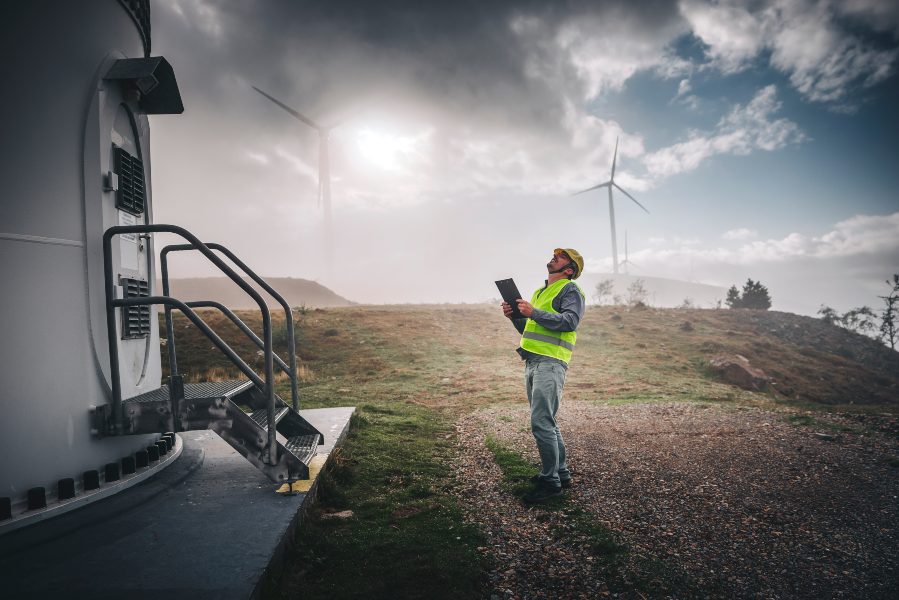July 15, 2022
Is it Cheaper to Run a Generator on Natural Gas or Propane?
Most New Jersey homes are powered by electricity from the power grid. You rely on this energy for lighting, refrigeration, air conditioning, and using gadgets that plug into the wall. A backup generator can prove invaluable for keeping your home well-lit and comfortable when storms or other events knock out the power.
Whole-house generators are considered superior to portable models, but should you choose a propane or natural gas generator? Compare these two popular fuel options to help you decide what’s best for you.

What is a Propane Generator?
A propane generator runs on liquefied petroleum (LP) gas, which is any of several liquid mixtures of propane, propene, butane, and butene. It connects to a propane tank, which can be disconnected and refilled as needed.
What is a Natural Gas Generator?
A natural gas generator—not to be confused with a gasoline generator—runs on natural gas, a fossil fuel commonly used for heating, cooking, and generating electricity. Many homes have a natural gas line that delivers this fuel directly to appliances.
Which is Cheaper, Propane or Natural Gas?
When comparing propane vs. natural gas generators, you undoubtedly want to choose the most cost-effective option. However, determining which one is cheaper can be tricky. After all, propane and natural gas are measured differently, consumed at different rates, and priced based on where you live.
Still, natural gas is generally cheaper than propane. The American Gas Association reports, “annual energy costs for residential customers using natural gas has been lower than the cost for propane, fuel oil, or electricity since 2010—and it’s projected to stay low through 2040.”
Other Factors to Consider
Beyond the cost of running propane vs. natural gas generators, there are several other factors to think about:
- Accessibility: If you have a natural gas line, fuel can be delivered on demand directly to your generator. In contrast, you must manually refill a propane tank. Besides the possibility of running out of fuel, you must also consider the potential hazards of storing a propane tank onsite.
- Run time: A natural gas generator provides continuous fuel, so you never have to worry about how long an outage will last. Then, depending on the power load, a 500-gallon propane tank should keep the generator running for two weeks straight.
- Eco-friendliness: While both are considered relatively clean for fossil fuels, natural gas releases methane when burned. By comparison, propane produces almost no greenhouse gases.
Whether you opt for a propane or natural gas generator, Seidel Electric Inc can outfit your New Jersey home or business with a backup power source from Generac. We adhere to all plumbing and fire codes when making fuel connections to ensure a safe, reliable installation. We also save you time and money by partnering with reputable natural gas providers and local propane companies, delivering the hookups and fuel your Generac generator needs. To learn more about our generator services and financing options, please contact us at (908) 362-6191.
